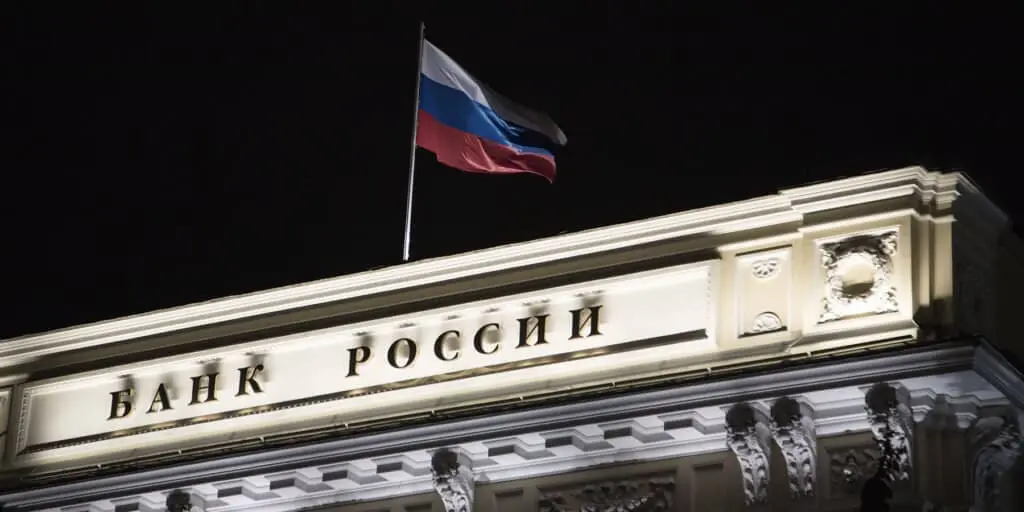What sanctions can countries target next to stop Russia-Ukraine conflict?
The specialist began by explaining how the current sanctions on Russia are heavier than those used by the US in 2014 when Russia annexed Crimea. The specialist said the Russian government was at that time able to “weather those costs and… come up with circumventions around them”, but that it would be more difficult now as countries targeted Russian financial markets, currency reserves and commodities.
Russia’s oligarchs have been identified as a “vulnerability” to the Russian leader, which the specialist said they hoped would use their position to speak to Putin and steer policy. The specialist told us that while current sanctions have been well coordinated, they have not yet hit oil and gas to a “considerable degree”, highlighted in the Interview as a key economic vulnerability for Russia’s economy. The specialist also identified other areas where future sanctions could be levied against Russia, such as the mining sector, other commodities, minerals, transportation and financial services that facilitate transactions.
A shortage of machine tools, high-tech goods and chipsets for production in Russia would indicate that sanctions are working, as would macroeconomic factors such as higher unemployment and inflation, according to the specialist. These sanctions are also likely to test countries that rely on Russian oil and gas, with the specialist hypothesising whether countries will start buying more from Saudi Arabia, United Arab Emirates or the US. On whether more oil could be purchased from markets such as Venezuela or Iran, the specialist said the decision will be based on other political issues and “not just for maintaining oil markets”.
The specialist was surprised by the number of businesses that have pulled out of Russia – particularly oil majors – without being coerced by any legal act. The specialist said this highlighted the reputational risks that businesses now face, which go “beyond even the legal risks”, and that businesses had decided to “get out now and cut our losses”.
There are still many uncertainties related to the conflict in Ukraine, with a number of competing interests that need to be resolved, according to the specialist. They told us they would be surprised if we were in the same situation five years from now, but that it is a question of how much Russia’s population and how much Putin’s “clique” can tolerate these sanctions.
To access all the human insights in Third Bridge Forum’s Economic Sanctions in the Current Geopolitical Crisis Interview, click here to view the full transcript.
The information used in compiling this document has been obtained by Third Bridge from experts participating in Forum Interviews. Third Bridge does not warrant the accuracy of the information and has not independently verified it. It should not be regarded as a trade recommendation or form the basis of any investment decision.
For any enquiries, please contact sales@thirdbridge.com



